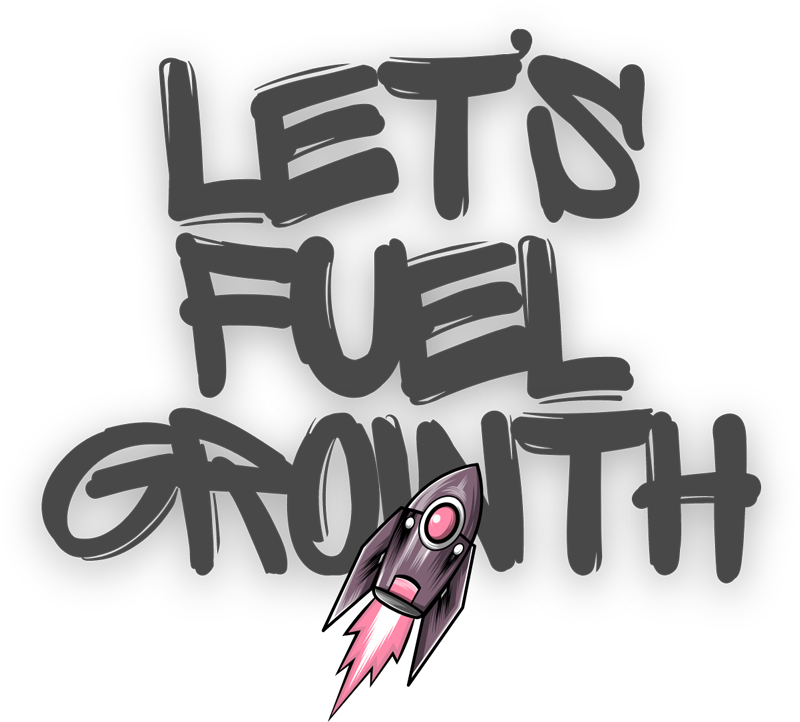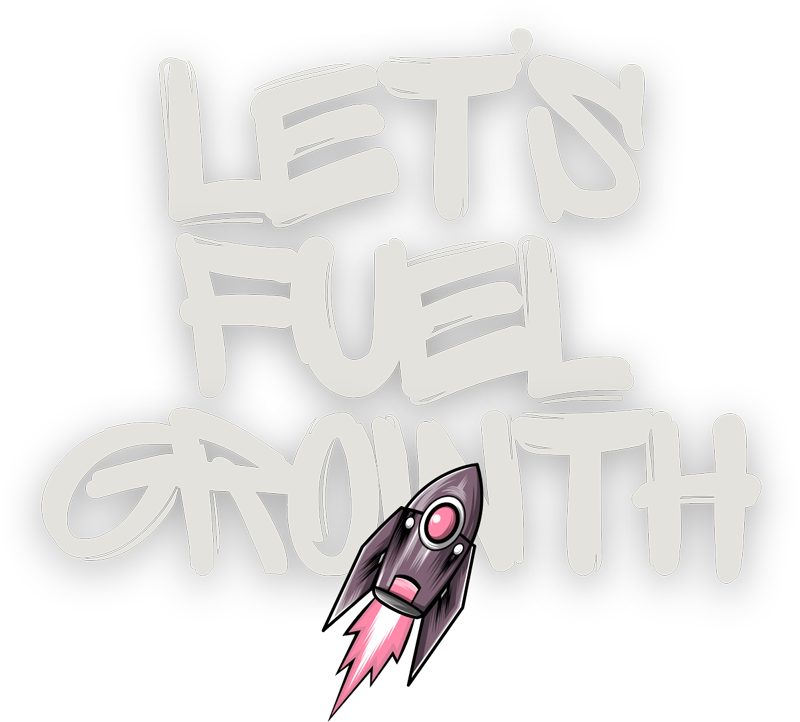
The Role of Self-Care in a Successful Recovery Journey
What Is Self-Care in the Context of Recovery?
Beyond Bubble Baths: Defining True Self-Care
Self-care is more than spa days and inspirational quotes—it’s the deliberate act of taking responsibility for your mental, physical, emotional, and spiritual health. For those in recovery, self-care is about survival, healing, and ultimately, thriving.
How Self-Care Differs for People in Recovery
Unlike general self-care, recovery self-care is structured around rebuilding trust in oneself. It involves replacing harmful coping mechanisms with healthy habits, learning life skills, and practicing emotional regulation.
Why Is Self-Care So Important in Recovery?
Breaking the Cycle of Self-Neglect
Addiction often stems from unresolved trauma or emotional pain. Self-care interrupts the cycle of self-destruction and re-establishes a sense of worth.
Rebuilding Confidence and Self-Worth
Consistent self-care practices teach individuals that they are worthy of love and effort—especially their own. Small victories lead to big transformation.
Sustaining Sobriety Through Self-Respect
When people treat themselves with kindness and respect, they are less likely to relapse. Self-care becomes a protective barrier against triggers.
Types of Self-Care That Fuel Growth
Physical Self-Care: Moving the Body, Honoring Health
- Daily walks or structured workouts
- Eating nutritious meals
- Prioritizing sleep and hydration
Emotional Self-Care: Navigating Feelings with Grace
- Journaling
- Therapy or support groups
- Practicing self-compassion and emotional boundaries
Spiritual Self-Care: Reconnecting with Purpose
- Meditation or prayer
- Time in nature
- Acts of service and gratitude
Mental Self-Care: Creating Cognitive Space and Clarity
- Reading recovery-focused materials
- Setting healthy mental boundaries
- Digital detox practices
Social Self-Care: Healthy Boundaries and Connection
- Maintaining connections with supportive people
- Saying “no” when necessary
- Engaging in meaningful conversations
Practicing Self-Care in Early Recovery
Start Small, Stay Consistent
Small, consistent efforts (like making your bed or attending a meeting) build momentum.
Avoiding Perfectionism and Comparison
Recovery isn’t a competition. Your journey is your own.
Letting Go of the Guilt
You deserve to feel better. Self-care is not indulgent—it’s essential.
Building a Personalized Self-Care Routine
Identify Your Needs and Triggers
Use tools like mood tracking or journaling to understand what you need day by day.
Align With Your Values and Recovery Goals
What kind of person are you becoming? Let your habits reflect that vision.
Schedule it Like it Matters (Because it Does!)
Treat your well-being like any important appointment.
How Self-Care Supports Long-Term Recovery and Leadership
Self-Care as a Foundation for Growth
Leadership begins with self-leadership. Consistent self-care develops resilience, clarity, and confidence.
Developing Leadership Through Inner Balance
Recovery isn’t just about staying sober—it’s about becoming a role model. Balanced individuals lead by example.
Staying Resilient Through Life’s Stressors
Life will challenge you. Self-care ensures you’re equipped to respond—not react.
The Let’s Fuel Growth Approach to Self-Care
Transformative Events with Purpose
We create life-changing experiences—mountaineering, leadership retreats, community projects—that center around personal growth.
Teaching Life Skills Through Adventure and Action
Through our programs, individuals in recovery learn resilience, collaboration, and leadership in the real world.
Building a Tribe: Peer Support and Accountability
We foster a strong community where recovery isn’t walked alone. We grow together.
Self-Care Isn’t Selfish—It’s Strategic
How Community Care Starts With Inner Care
When you take care of yourself, you’re better equipped to care for others.
Inspiring Others by Modeling Wellness
Your recovery becomes a beacon. People will follow your example.
Ready to Take the Next Step in Your Journey?
At Let’s Fuel Growth, we believe that action transforms recovery. Whether you join a summit expedition, mentor someone in need, or simply attend one of our workshops—you are saying yes to growth, connection, and purpose.

